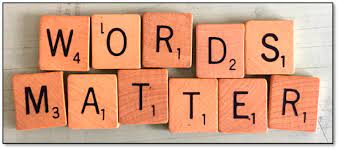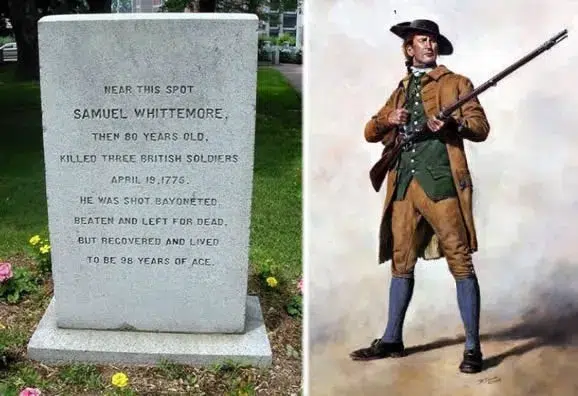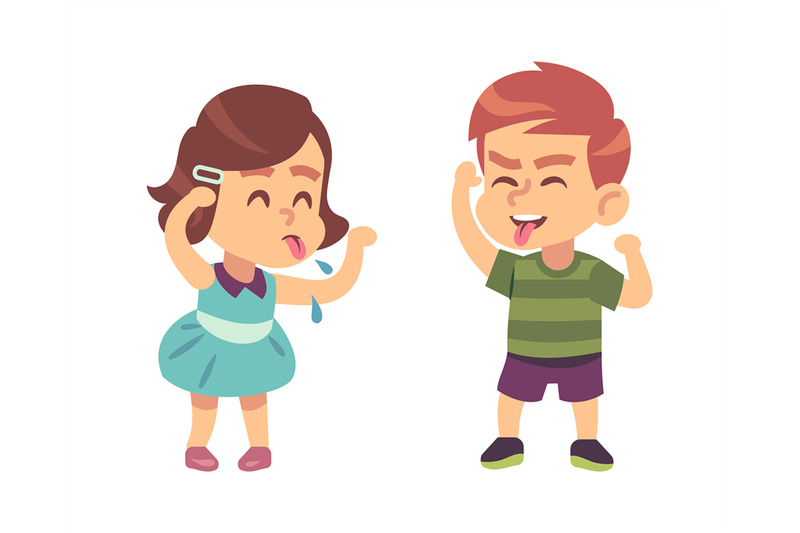During a recent podcast interview, the host asked me to talk about the struggles that I experienced when I was in my early twenties. I told him that after being arrested for a crime I didn’t commit, I quickly lost my job and then my apartment, leaving me homeless for about six weeks before a family discovered my plight and invited me to stay with them.
“Unhoused,” the host said.
“What?”
“Unhoused,” he repeated. “Did you mean to say that you were unhoused?”
I understood what he meant. “Unhoused” has become the preferred way of identifying a person without a home, at least for some people. They argue that the label “homeless” has derogatory connotations, implying that one is “less than,” and it, therefore, undermines their self-esteem.
I’m not opposed to the change. I’m not sure if I agree with its necessity, but if “unhoused” becomes the universally preferred alternative to “homeless,” I’m certainly capable of making this shift in language.
But what I said to the podcast host was this:
“I understand that the word ‘unhoused’ is becoming the preferred way of describing someone who is homeless, and I may someday use that word when telling my story, but I am absolutely certain that it’s not your job to tell someone who actually experienced homelessness that they are labeling their life history incorrectly.”
To the host’s credit, he immediately recognized his mistake and apologized profusely.
“I’ll be sure to remove this part of the conversation from the podcast,” he said.
“I think you should leave it,” I replied.
Please don’t get me wrong:
I am not an inflexible, insensitive, traditionalist who can’t adjust my language to meet the needs of a changing society. Unlike some of our more lexicographically challenged Americans, I can use the gender pronouns that a human being prefers without becoming verbally incapacitated, illogically outraged, or righteously religious.
But what I oppose is the aggressive, impatient demands for people to change their thinking and language overnight. I’m opposed to those who respond with anger, indignation, or self-righteousness when someone makes an honest mistake or isn’t aware of a recent shift in preferred vocabulary or simply needs time to come to terms with the change.
What I like to remind these sanctimonious, little monsters is this:
There are words and phrases that you are using today that will be considered horrendous and insensitive in twenty years. Like every generation before yours, some of the words and phrases being used today will ultimately be deemed unspeakable by future generations. If you think we’ve reached some Platonic ideal of respectful, sensitive language, you are short-sighted, foolish, and chock full of hubris and smugness.
Curb your indignation for the verbal insensitivities of today because you’ll find yourself in the same position in a decade or two.
Here’s the one difference:
Three decades ago, when I was innocently using words deemed incredibly offensive today, no one was recording me, nor was I incessantly recording myself. I wasn’t posting that now-vile language on social media for future generations to read and see. The sanctimonious, little monsters of today are unknowingly memorializing their horrendous language for future generations to see and judge.
So yes, I may one day describe my previous condition as unhoused rather than homeless, but having been in that position, it’s definitely my decision to make.










